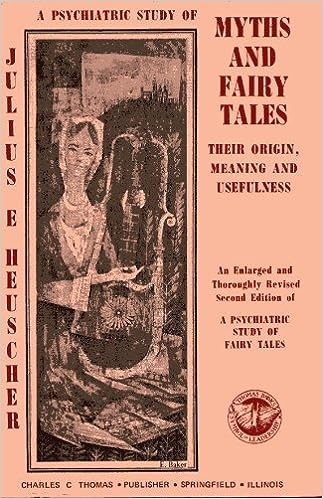
Fairy Tales are narrations which, contrary to the Epos or Saga, do not base on or originate from more or less historical persons and events but describe the "fantastic," the "mysterious," that which transcends our everyday reality which can be investigated with the natural scientific method.
Frequently the fairy tale disregards the laws of physical nature altogether, and often, it includes such personages as "Fairies," Witches," Sorcerers," and talking animals. However, the borderline between physical reality and this "mysterious" world is never quite the same in different countries cultures and tales. This we shall see, for example, in our Zuni Indian story, The Turkey Girl, which has a setting corresponding much more to everyday reality than most Grimm tales. On the other hand, we find in collections of American, Indian, Hawaiian, and other tales many stories which approach some of the early European myths, containing the most fantastic conceptions of the structure of the earth, of the development of the universe, and of the origin of man.
Of the epic tales, the myth may sometimes share more characteristics with the fairy tales than the legend or heroic epos. The myth (for example, those of "Prometheus" or of "Adam and Eve") is an explanation of the origin and nature of our world, which frequently underlies later religious systems and cults. Clear-cut references to time and place or historical persons may often be lacking. It refers, however, to the personalities of the gods and demons of the nation who are experienced as real, and its grandiose style contrasts with the childlike naïveté.

